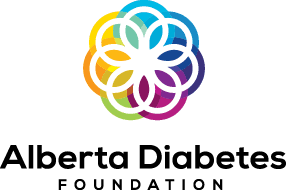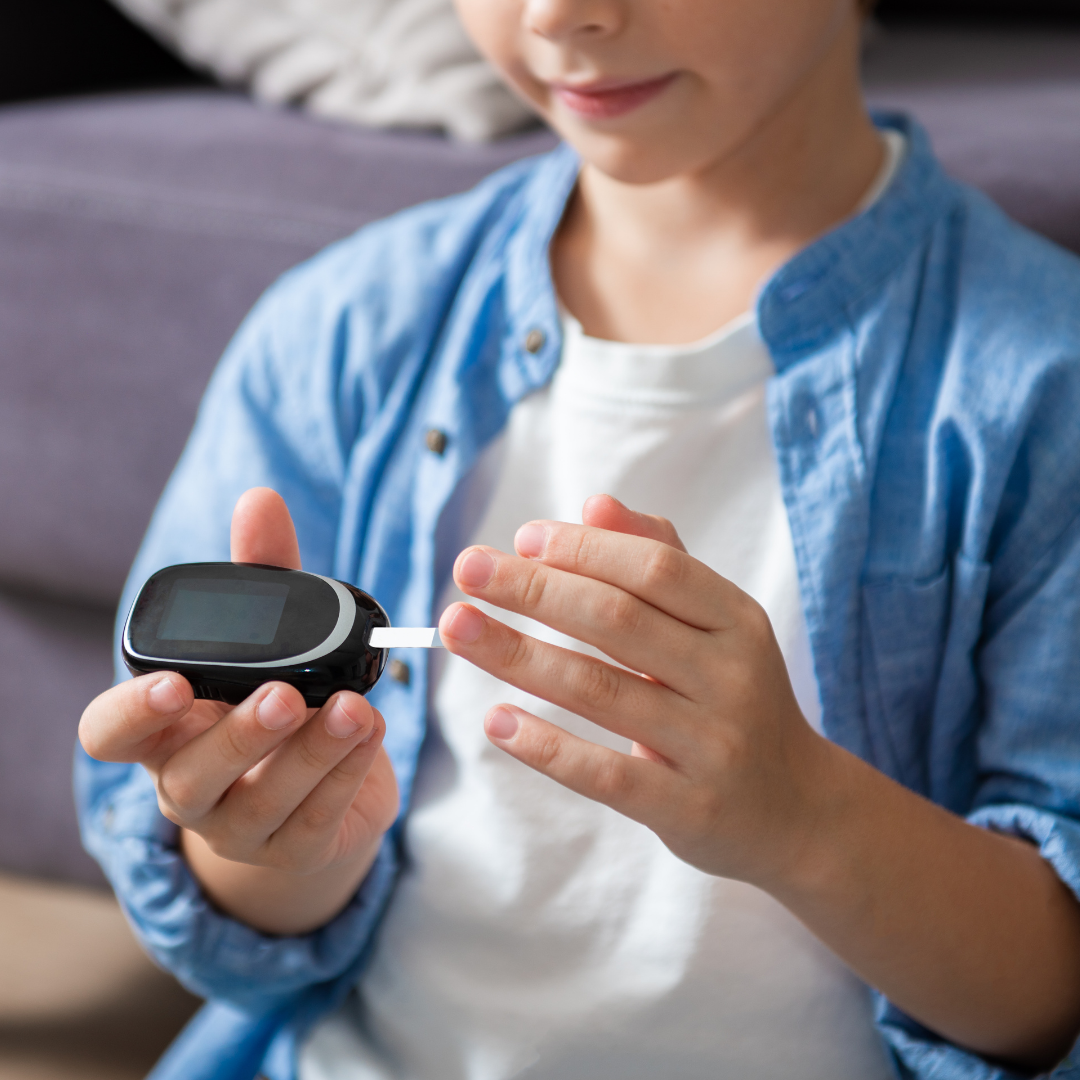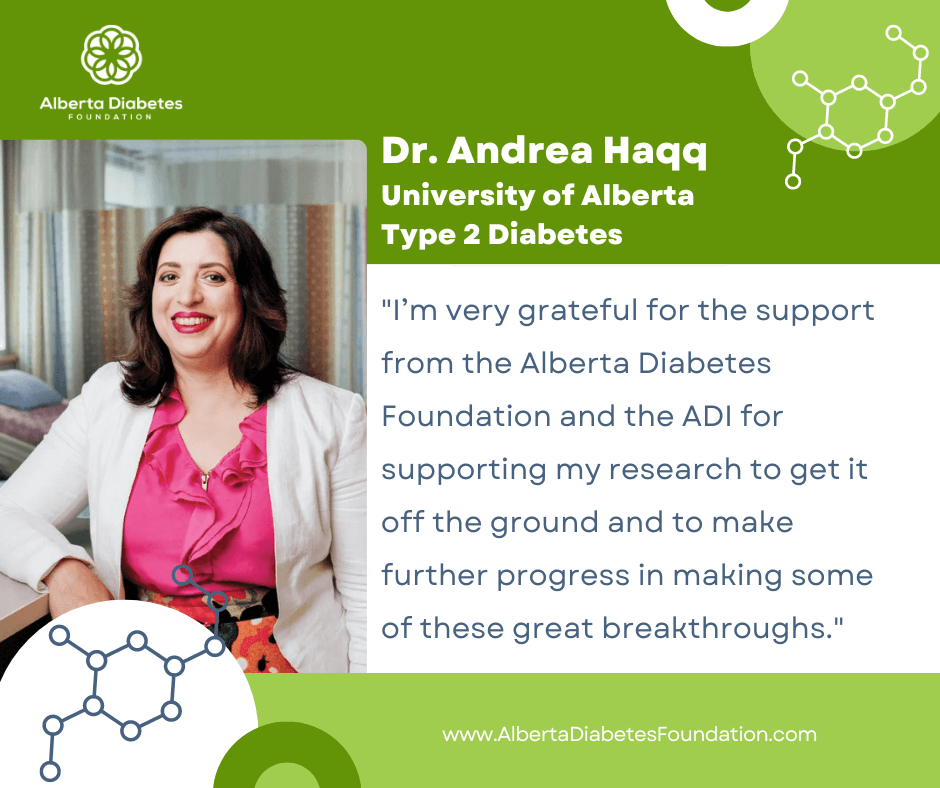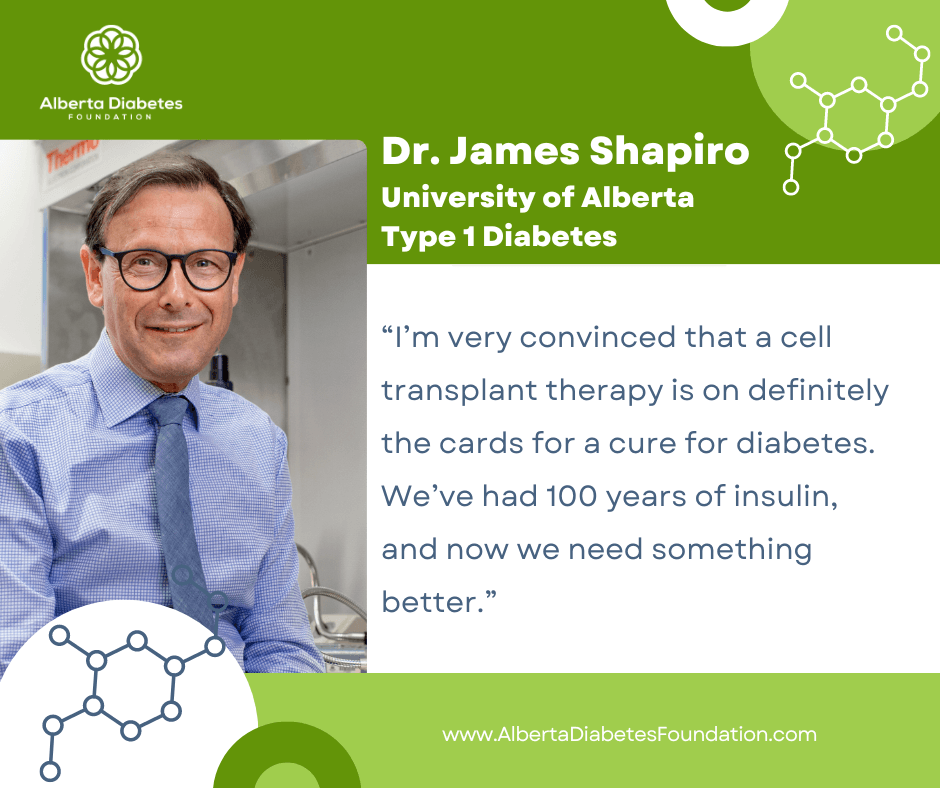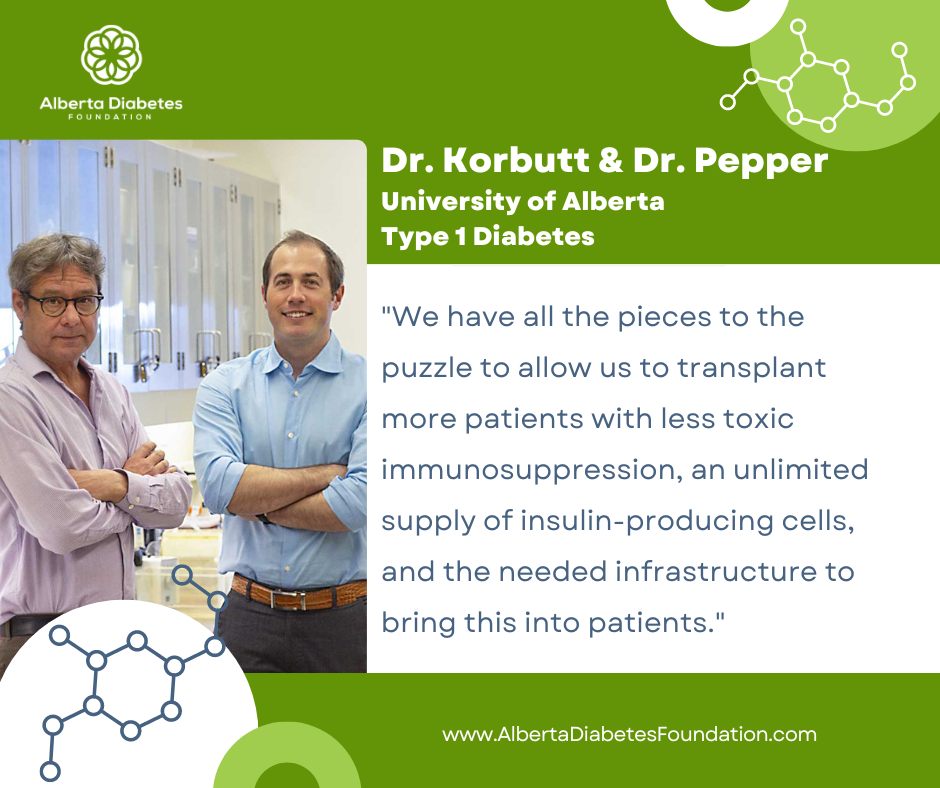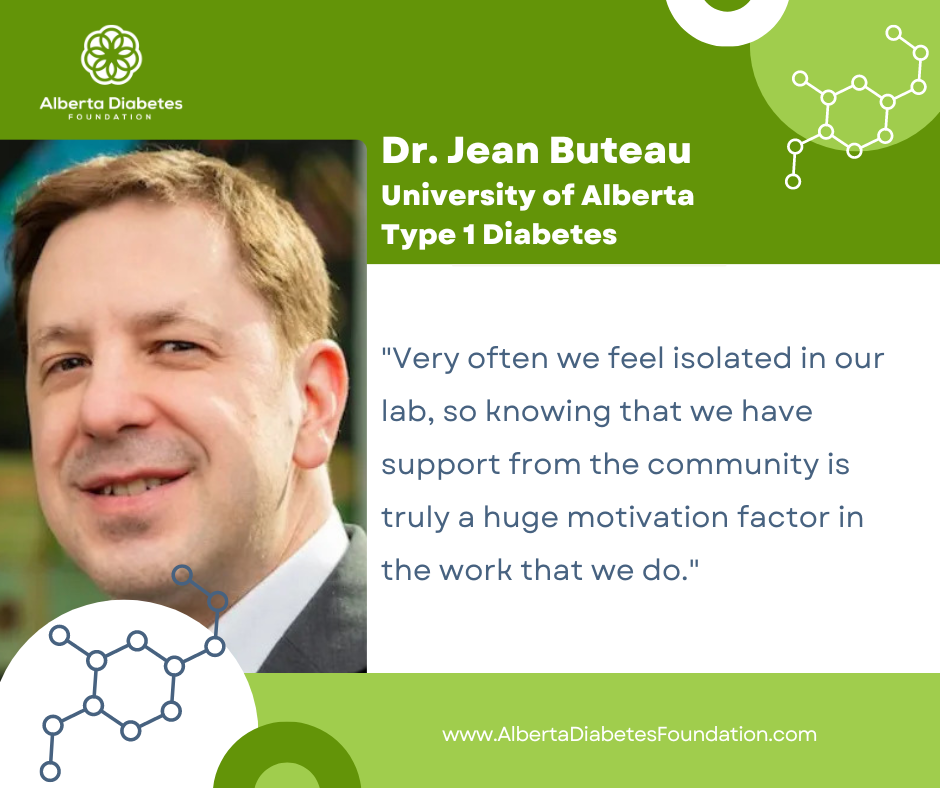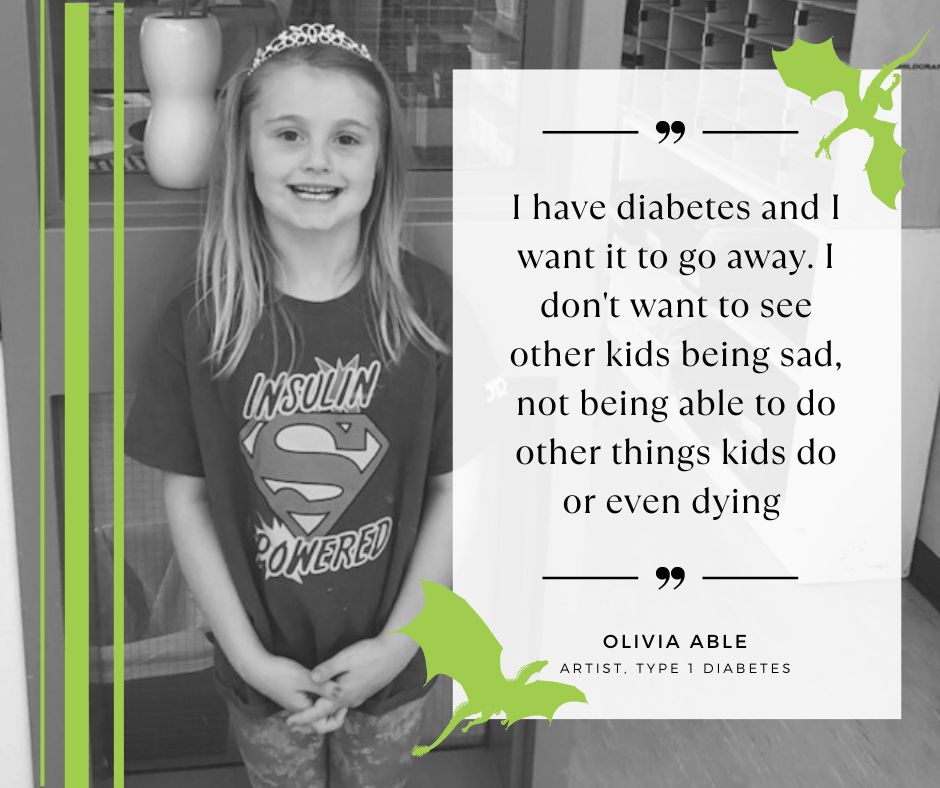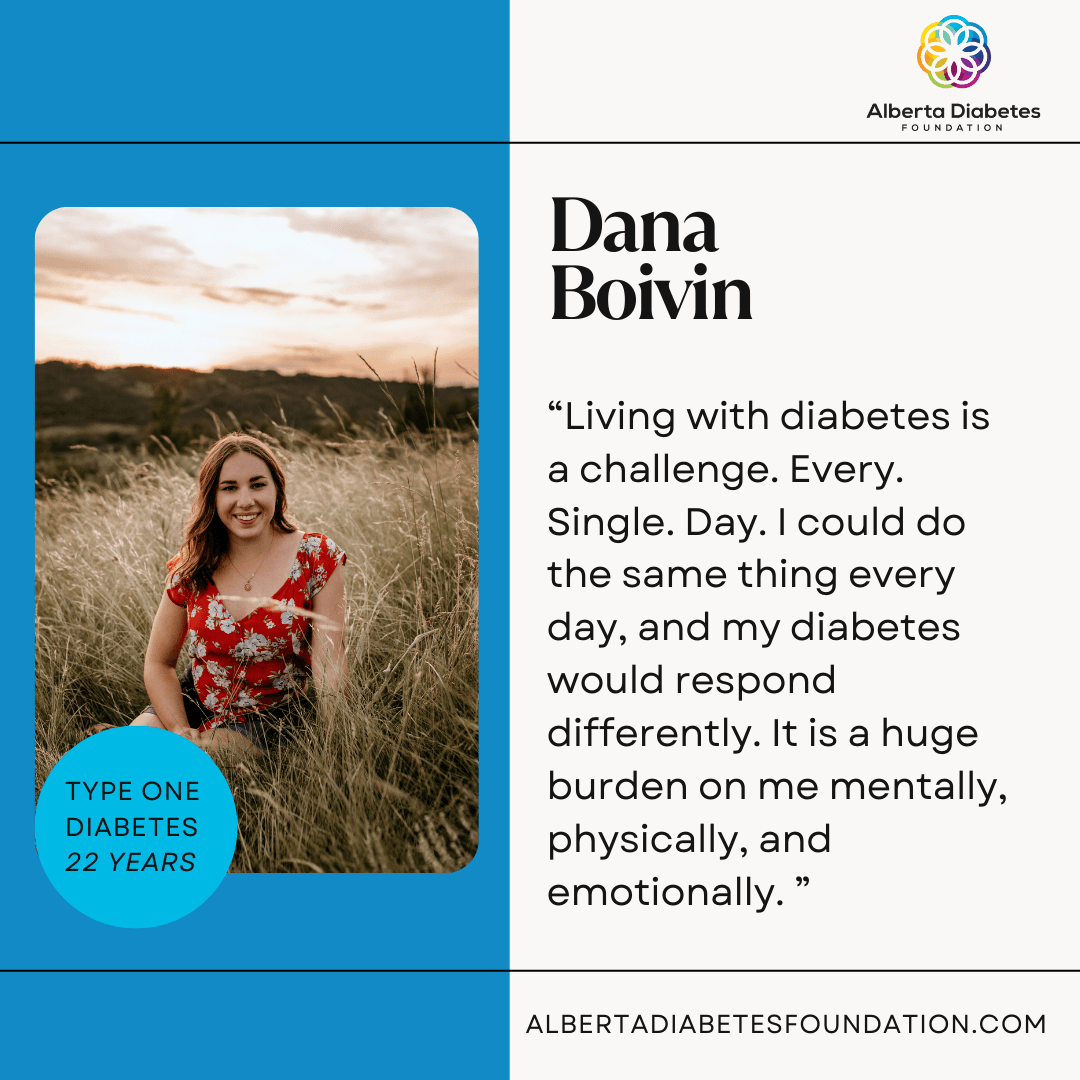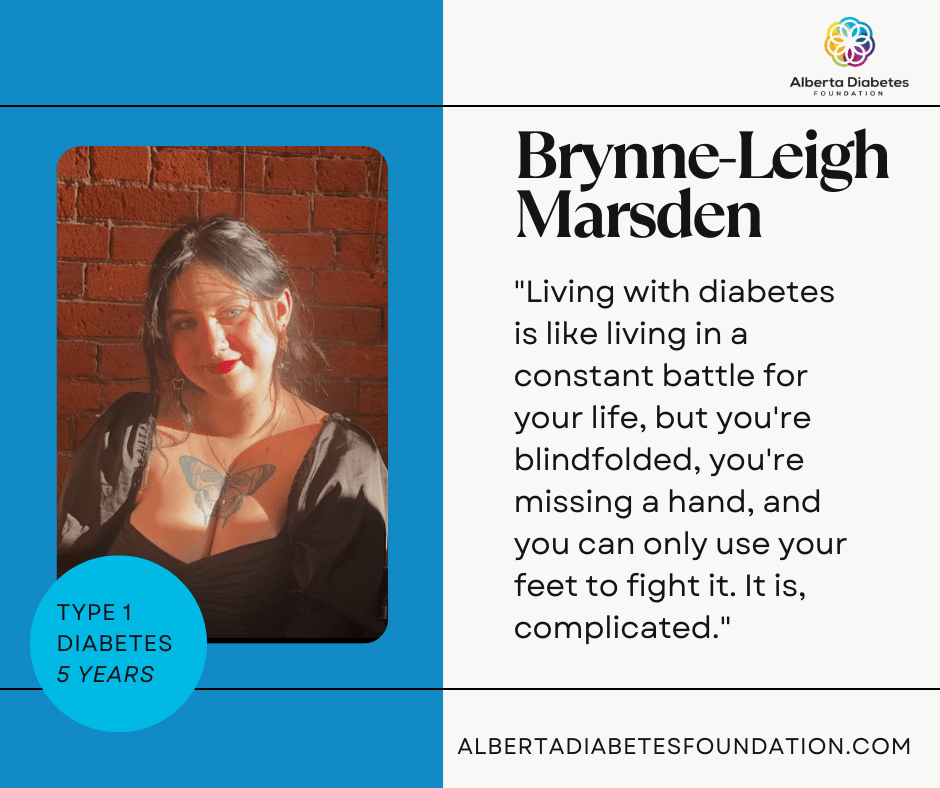I've been diagnosed with diabetes. Now what?
by Alyssa Grams
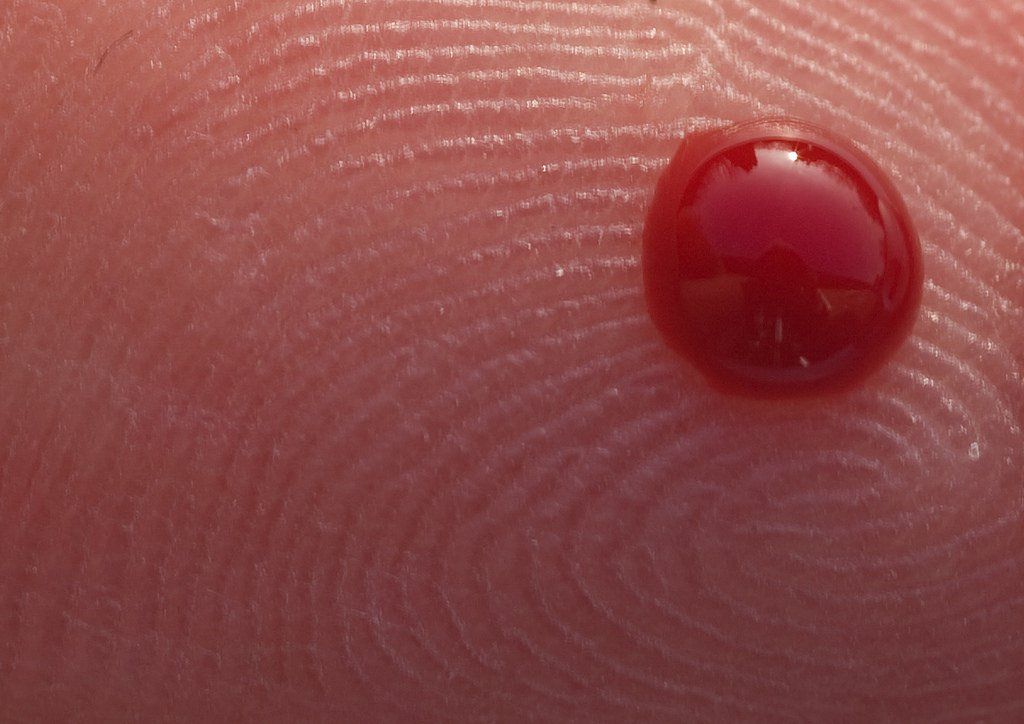
You never think you’re going to get it. You never think
that you will have to adjust your whole life for a short statement told to you
by your doctor in a flat manner “You’re A1C test results came in back this
morning, I’m afraid to tell you that the diagnoses is diabetes.”
This might be another day for the doctor, but this is the defining day with one
simple diagnoses that will impact every minute of the rest of your life.
You’ve just been diagnosed with diabetes. Now what?
Well, there’s no one right answer on what you should do, as everyone’s story and situation is different. But here are 5 steps you can take that will lead you in the right direction.
Tip #1. Learn the lingo. Know your numbers.
The first step to taking control of your diabetes is to understand the language that surrounds your diagnosis. Becoming familiar with diabetes terminology means you won’t feel overwhelmed when doing research. Knowing basic terms will prevent confusion as you decipher diabetes jargon.
A few basic terms that are good to know include:
- Blood Glucose
(BGL): The concentration of glucose in the blood. In
Canada, blood glucose is measured in mmol of glucose per litre of blood
(mmol/L). The normal range before meals is 4.0 - 6.0 mmol/L, while the normal
range two hours after a meal is 5.0 - 8.0 mmol/L.
- Glycemic
Index
(GI): A scale that ranks
carbohydrate-rich foods by how much they raise blood glucose levels.
- Hyperglycemia
:
Higher than normal levels of glucose in the blood. Symptoms depend on how high
the blood glucose level is, but can include thirst, frequent urination, blurred
vision and fatigue.
You can see more helpful definitions here.
A diabetes diagnosis means you will have to start monitoring your blood glucose levels. This is important in determining whether you have a high or low BGL at any given time. A general guideline for most people with diabetes is 4.0 to 7.0 mmol/L BGL before meals and 5.0 to 10.0 mmo/L BGL two hours after eating.
Tip #2. Fitting fitness and healthy food into your lifestyle.
It will come to you as no surprise that eating healthy and finding time to exercise will help you take control of your diabetes (especially if you are type 2).
When it comes to diet, here are a few points to consider:
- Identify the healthy food choices you enjoy eating
and incorporate those on a regular basis.
- Become familiar with the GI of foods you
regularly eat to eat in order to achieve a balanced diet. You can find
some common foods and their GI here.
- Plan out
foods
that contain carbohydrates in such a way that helps you achieve your target “after-meal
blood glucose levels.” Apps like MyFitnessPal
can help you balance your protein, fat, and carb intake.
- Know that not all sugar is bad sugar. Diabetes
Canada recommends to keep
your sugar consumption under 10% of your daily caloric intake. Know that
there are also alternatives to sugar, such as artificial sweeteners
or natural alternatives like
stevia,
that you can incorporate into your diet.
- Consider working with a dietitian or your doctor
to establish a meal plan or a flexible diet that works with your lifestyle.
Find time for fitness:
- Physical fitness is not just about going to the
gym and logging in your hours. It’s important to incorporate aerobic exercise,
resistance or strength training, and stretching/mobility to achieve a
well-rounded fitness regime. Break these 3 pillars up throughout the day so you
are not overwhelmed, i.e. 10 minutes of stretching in the morning, an afternoon
walk, and 30 minutes of free-weights in the gym.
- Sometimes it’s hard to get off the ground. Find
a friend that enjoys the same physical activities you do and make a commitment
to exercise together once or twice a week.
- Try an activity app or tracker. Fitness trackers
like Fitbit
will keep you
mindful of your physical activity throughout the day, and an app like GymBuddy
will help make your workout efficient.
- Check out the Diabetes Canada’s guidelines
for physical health including this “exersice
prescription” pdf
and plan
for physical activity.
Tip #3) For Type 1 Diabetics – Know your coverage options.
What makes type 1 diabetes so different than type 2 diabetes is the absolute need for insulin. For type 1 diabetics, the pancreas does not produce insulin, which you need to control blood glucose levels.
The thorn in your side will come from the equipment you will need to buy: your blood glucose motioning system, your insulin, and your pen, needles, syringes, or pump. Since you will have to monitor your blood glucose constantly and inject small doses of insulin throughout the day, the expenses that come with diabetes should be considered carefully.
Diabetes Canada completed a composite case study in which the majority of Canadians with Diabetes pay greater than 3% of their income or $1,500 out-of-pocket for everything they need to manage diabetes. This is why it is important to look at your options.
Most provinces and territories have programs that will help cover the cost of your insulin pump and supplies depending on eligibility. This is a great place to start your research and discuss your options with your doctor.Tip #4) For Type 2 Diabetes – Putting your condition into remission.
There is talk about reversing or completely eradicating your type 2 diabetes all over the internet. While these self-proclaimed cures or “reversing diabetes” fads are up for debate, individuals with type 2 diabetes can put their diabetes into remission.
The best chance a type 2 diabetic has in reducing the negative effects of their diabetes is early detection and a combination of health changes.
A recent study done over at McMaster University in Ontario declared 11 of the 27 participants to be in complete or partial diabetes remission after the 16 week program. Participants took part in a low-calorie diet, consistent exercise, and medication (melformin and acarbose) to achieve remission.
You can also break the cycle by adhering to low calorie or low carbohydrate diets for potential success.
The key here is to catch your diabetes early and get to work on an active and healthy lifestyle!Tip #5) Never stop learning.
Diabetes—whether your type 1 or type 2—is a complicated and serious disease. That’s why there are organizations like the Alberta Diabetes Foundation, who are dedicated to preventing, easing the complexity of, and searching for a cure for diabetes. One of the best tools you can use is your mind. The more you understand your condition, the greater you will be able to deal with it.
Below are a list of websites that have helpful resources:
- Diabetes
Canada
- Alberta
Diabetes Institute
- Take
Control of your Diabetes
- What
it’s like to live with Diabetes – Bright Spots and Landmines
Truthfully, your life will change drastically. However, this condition does not prevent you from going after the goals and the life you wanted before you were diagnosed. The most important nugget of knowledge to take away is to know that developing diabetes does not define you as a person—you make that call.
Please note these tips may not necessarily reflect every situation and may be more helpful for certain types of diabetes.
LET'S WORK TOGETHER TO FIND A CURE.
VISIT US
1-020 Li Ka Shing Centre
University of Alberta
Edmonton, AB, T6G 2E1
Office Hours
Monday-Friday 8:30-4:00
If you would like to set up an appointment at our office, please set up an appointment by contacting us at
info@abdiabetes.com
